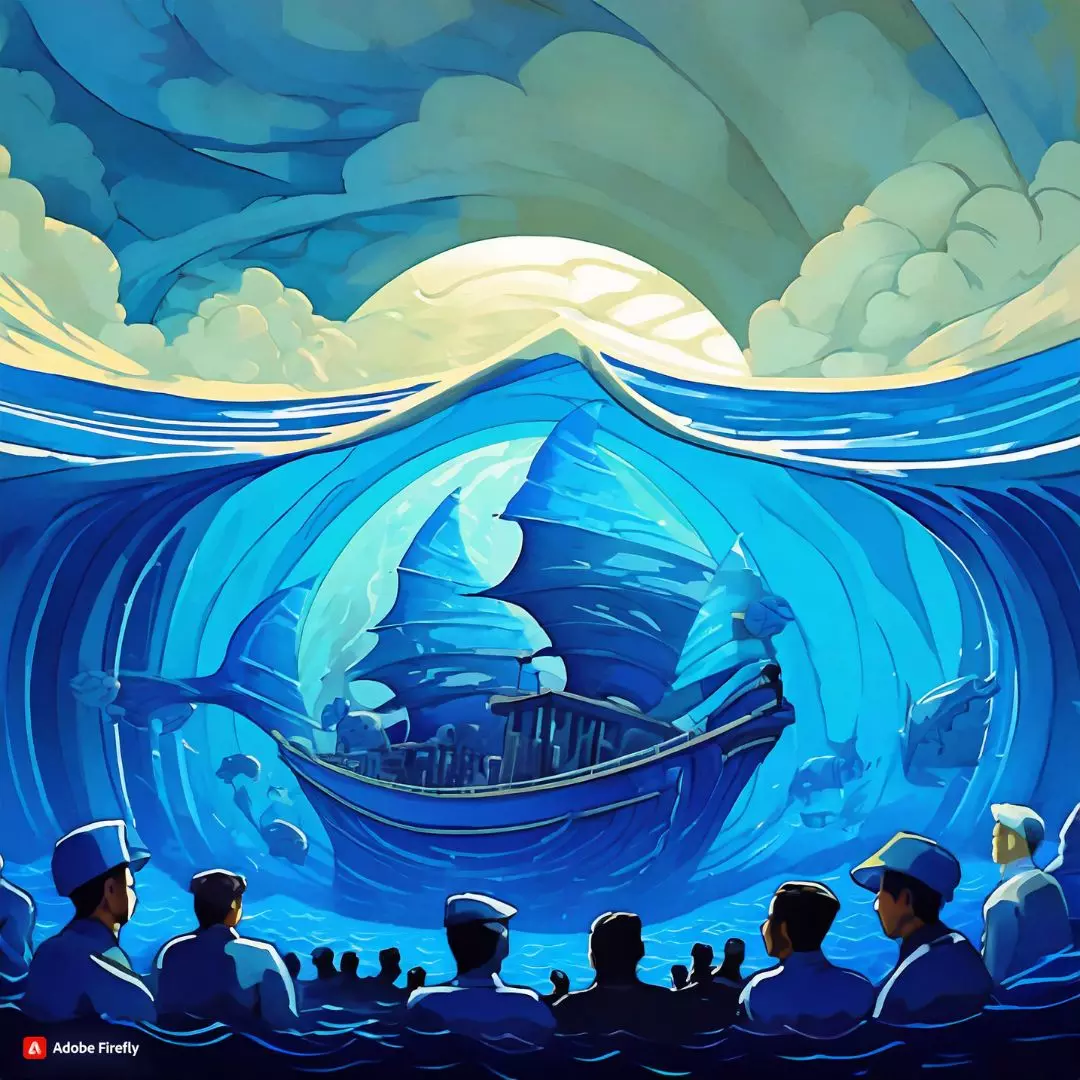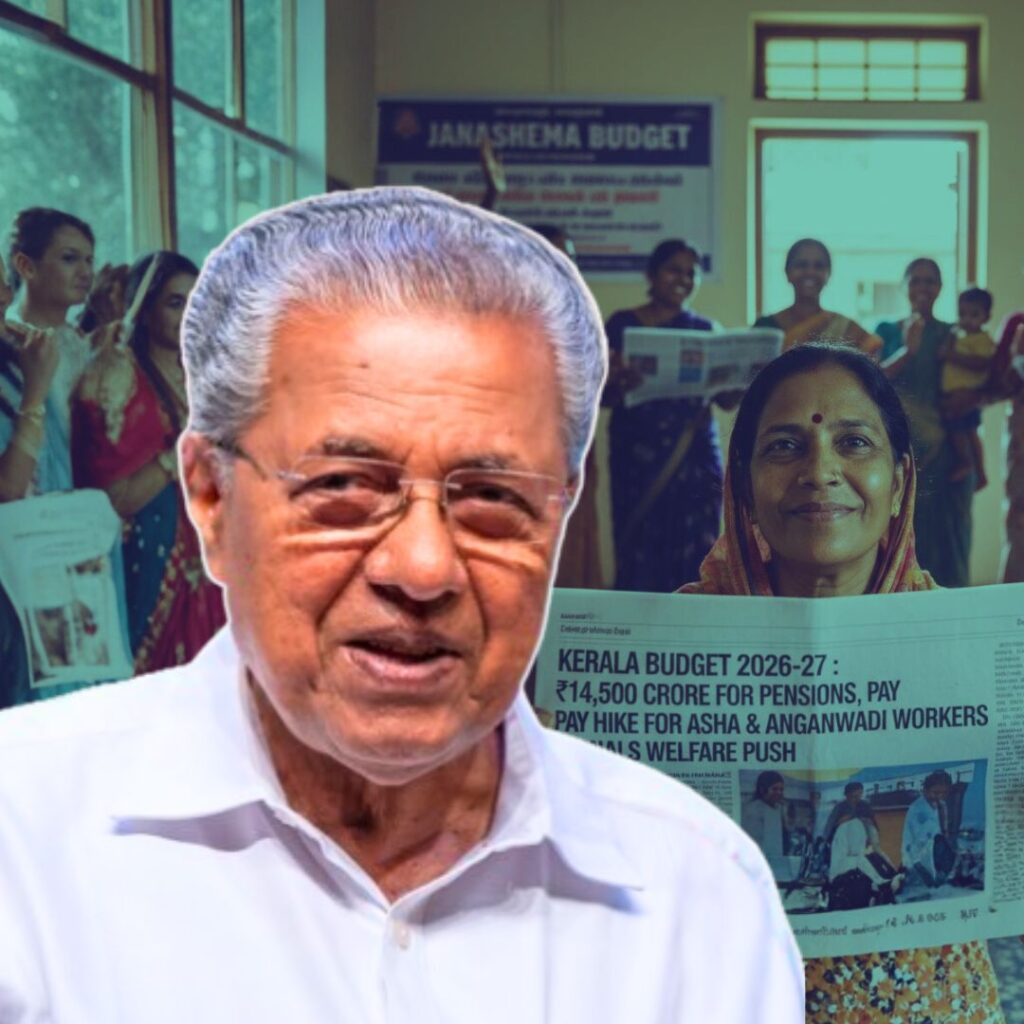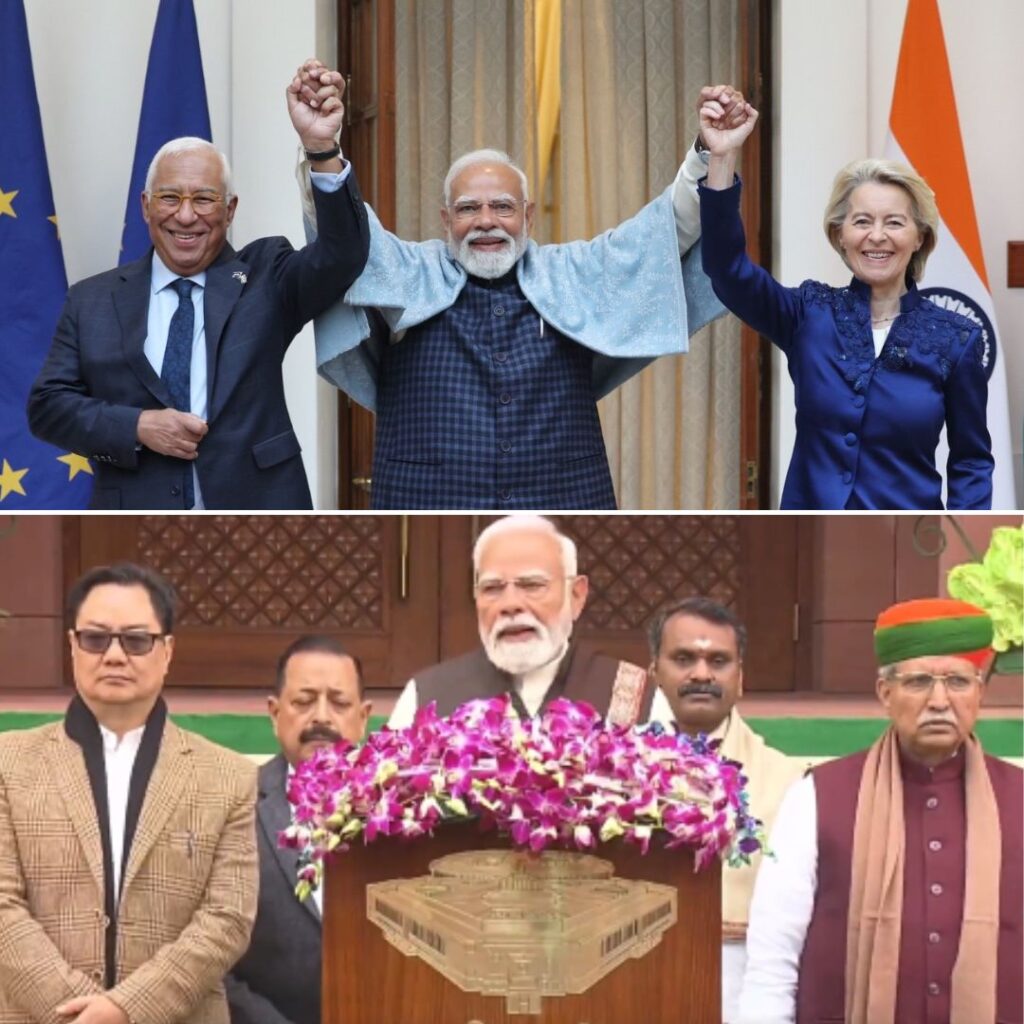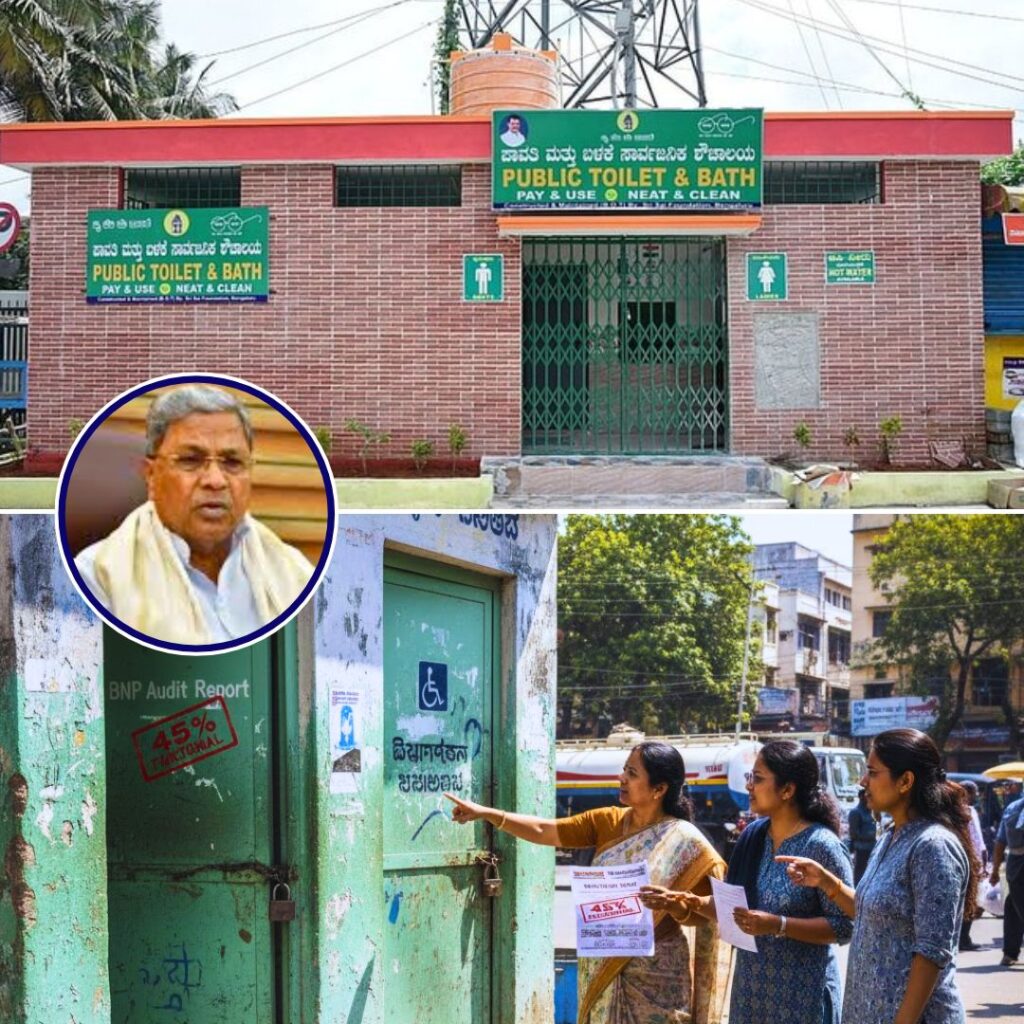As the world embarks on a transformative journey in ocean conservation, the United Nations Scientific, Educational, and Cultural Organization (UNESCO) is championing the call for a collective effort to unlock innovative solutions through the Blue Revolution. In an exclusive interview with UN News, experts shed light on the significance of ocean literacy as a driving force behind this global initiative.
Ocean literacy, according to Francesca Santoro, responsible for ocean literacy at UNESCO’s Intergovernmental Oceanographic Commission (IOC), is not merely about understanding the reciprocal influence between individuals and the ocean. Santoro emphasized that it is a broader concept, aiming to empower people with the tools to make informed decisions regarding ocean resources. The goal is to foster a responsible approach, acknowledging the profound impact of oceans on our lives and our ability to influence them positively or negatively.
As the focal point for ocean science within the UN system, the IOC is at the forefront of the UN Decade of Ocean Sciences for Sustainable Development (2021 to 2030). The organization is working to strengthen international collaboration on ocean science and research, recognizing that no single country can tackle the challenges alone.
The ongoing Decade of Ocean Science presents a unique opportunity to shape the future of the ocean for the next century. UNESCO launched a campaign earlier this year, urging people worldwide to join the Generation Ocean movement. The initiative leverages transformative storytelling to connect citizens with ocean knowledge, inspiring action to restore, protect, and coexist harmoniously with the ocean.
Vinicius Grunberg Lindoso, Communications Officer at UNESCO’s Intergovernmental Oceanographic Commission, emphasized the pivotal role individuals can play as game-changers during this critical moment. By enhancing ocean literacy, people are equipped to contribute meaningfully to ocean conservation efforts.
Students as Agents of Change
A significant aspect of UNESCO’s efforts involves collaboration with schools, teachers, and educators. The IOC develops resources such as booklets, videos, and games, using them to engage students globally. The approach goes beyond learning objectives, incorporating social-emotional and behavioural learning. The aim is to cultivate students as active agents of change, encouraging their participation in initiatives supporting ocean protection.
Blue Schools in Portugal
In Portugal, the Oceano Azul Foundation, co-host of the UN Ocean Conference, is actively involved in ocean literacy and conservation practices. The foundation focuses on children’s climate education, aiming to instil awareness about ocean issues from an early age. Through partnerships with Oceanario de Lisboa, the foundation trains teachers, providing curriculum and resources to integrate ocean-focused learning into the education system.
Samuel Collins, Programme Manager at Oceano Azul, highlighted the importance of delivering information in a digestible manner for different age groups. The foundation’s program, targeting the age group of 5 to 9 years old, envisions bringing ocean literacy to all children in Portugal, with plans for replication in other countries, particularly Portuguese-speaking and developing states.
Kindergarten of the Lagoon in Venice
In Venice, Italy, a new educational program, “Kindergarten of the Lagoon,” was launched in May. Leveraging the city’s UNESCO World Heritage site status, the initiative promotes ocean literacy principles and interactions with the environment. Thematic lessons for kindergarten students include outdoor education and exploration of the lagoon ecosystem, followed by creative activities.
Ana Luiza M. Thompson-Flores, UNESCO Regional Bureau’s Director, stressed the importance of making education a pillar of action for the ocean. The initiative in Venice, in collaboration with the Prada Group, aims to empower youth to become the future Generation Ocean.
Scaling Up Ocean Literacy
With the UN Ocean Conference in Lisbon, the ocean literacy community aims to elevate the importance of ocean literacy in global efforts. Francesca Santoro expressed the need to scale up ocean literacy initiatives worldwide, involving a diverse range of stakeholders. The community seeks to include not only scientists and educators but also journalists and the media to ensure widespread awareness of the ocean’s critical role in the planet’s future.
Creative Community’s Crucial Role
UNESCO has planned a series of events for the UN Ocean Conference in Lisbon, involving the global creative community. Exhibitions like the Ocean Decade Creative Exhibition and the Generation Ocean Concert aim to raise awareness of ocean science and conservation. The involvement of the creative community is deemed crucial in amplifying the message and ensuring the ocean remains a focal point in public discourse.
As ocean literacy takes center stage in the Blue Revolution, UNESCO’s call for global participation underscores the urgency of collective action. From schools in Portugal to kindergartens in Venice, initiatives are underway to empower the next generation with the knowledge and commitment needed for a sustainable and thriving ocean. The UN Ocean Conference in Lisbon serves as a platform to amplify these efforts, urging the world to unite for the cause of ocean conservation.
Also Read: Exploring The Marvels Of Ellora: A Journey Through India’s Timeless Rock-Cut Temples












